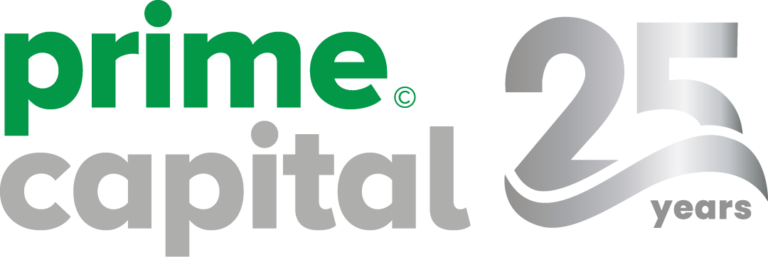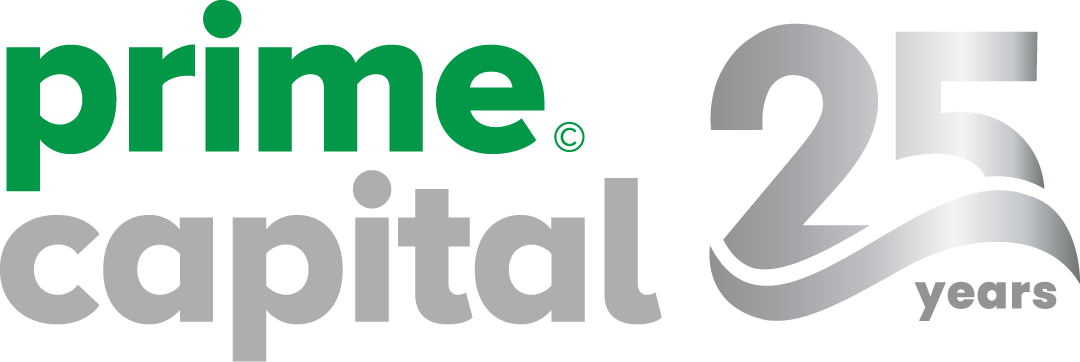When it comes to acquiring heavy equipment for your business, two of the choices commonly used by businesses are leasing or renting. Both approaches offer their own set of advantages and considerations, and choosing the right one can impact your business’ success. In this blog post, we explore the benefits of heavy equipment leasing and renting, empowering you to make an informed decision that aligns with your business needs.
Understanding Heavy Equipment Leasing and Renting
So, what are the primary differences, and how do you make the right decision for your business?
When leasing, you enter into a contractual agreement with a leasing company, where you pay regular lease payments over a specified period, usually from 12 months to several years, to use the equipment. On the other hand, renting typically involves short-term (often 12 months or less) arrangements where you pay rental fees for the specific duration of equipment usage without long-term obligations.
Benefits of Heavy Equipment Leasing
- Lower Total Cost: One of the primary advantages of leasing versus renting is the lower total cost. A rental payment usually is more costly than a comparable payment on a lease, and leasing grants you the flexibility of near-ownership.
- Long-Term Cost Savings and Operational: Rental fees, maintenance, and other fees can add up over time, and if you are like many other companies, when projects go over term, you end up paying additional costly unbudgeted rental payments. Leasing gives you a fixed payment over a longer time frame, and you build equity in the equipment while using it.
Benefits of Heavy Equipment Rental
While heavy equipment leasing offers numerous benefits, renting also has its advantages, particularly for short-term or occasional needs.
- Short-Term and Occasional Needs: Renting is suitable for businesses that have temporary projects or require equipment for one-time use. You can eliminate the need for long-term commitments and financial obligations, providing flexibility and convenience in business choices.
- Immediate Availability: Renting allows for quick access to equipment without delays. Rental companies typically maintain a fleet of well-maintained equipment, ensuring immediate availability whenever you need it. This convenience is particularly valuable for urgent or unexpected equipment needs.
- Maintenance and Support: Renting heavy equipment often includes maintenance and support services as part of the rental agreement. Rental companies handle routine maintenance, repairs, and even equipment replacements that are built into the rental agreements, reducing the burden on your business and minimizing downtime. This can be especially helpful if you don’t have your own fleet maintenance team.
Choosing the Right Option for Your Business
Now that we have explored the benefits of heavy equipment leasing and renting, how do you determine the right choice for your business? Consider the following factors:
- Assessing Business Needs and Goals: Evaluate the duration and frequency of equipment usage within your business operations. If you anticipate consistent and ongoing equipment needs, leasing may offer greater cost-effectiveness. On the other hand, renting may be more flexible if your requirements are sporadic or short-term.
- Weighing Financial Considerations: Leasing allows you to conserve capital by letting you deploy equipment now without consuming available cash or other operating lines. Leasing makes sense if you have long-term equipment needs and your capital is scarce or could be allocated in other critical areas of your operations. If you only need equipment for the short term, the analysis should consider the revenue you expect to generate from the project against the cost of renting. Since rental usually includes maintenance and insurance, there may be an advantage for that short-term project of passing on many of the costs to the rental company.
- Evaluating Equipment Customization and Control Requirements: What level of customization and operation do you require over the equipment? Leasing provides opportunities for customization to align with your needs, whereas renting limits customization options.
Finally, if you decide to rent, and find the project is going to take longer or you can gain an advantage by adding the unit permanently to your fleet, Prime Capital, like other lenders, will often help you convert the rental into a sale. Your rental company may even offer some credit to you for the rentals you have already made.
Prime Capital offers a wide range of customizable heavy equipment leasing solutions tailored to your specific business needs, helping you make the right choice for your business.
Reach out to Prime Capital to discuss your heavy equipment needs, get pre-approved for financing, and compare your options.




